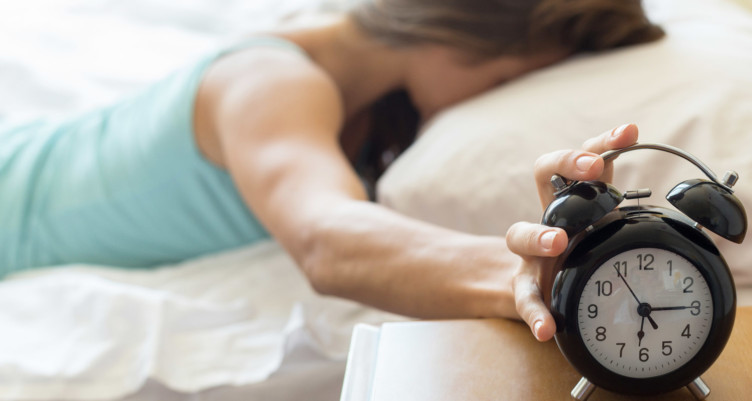Nature Knows and Psionic Success
God provides
Let Teens Sleep in Already: How Early School Start Times Harm Their Brains

Teens are biologically wired to need 8 to 10 hours of sleep per night. Early school start times are causing teens to suffer from chronic sleep deprivation. Teens who don’t get enough sleep are more likely to suffer from symptoms of depression, engage in risky behaviors like drinking and using illicit drugs, and perform poorly in school. Leading organizations and sleep scientists recommend that schools start at 8:30 a.m. or later. Parents can help improve teen sleep quality by minimizing blue light exposure and encouraging kids to develop good bedtime routines. Want an immediate upgrade in your quality of life? If you have teens, call their school and explain that your kids will be missing first period. The value of sleep is higher than anything they could possibly get from that one class. Here’s why. Study after study has shown that kids’ brains are harmed by making them wake up early to go to school. [1] [2] [3] [4] [5] Teens are wired by nature to sleep in. They need 8 hours of sleep at minimum to promote good health. And really, they should be sleeping even more than 8 hours. Think closer to 10. The New York Times recently ran a post that echoes what I’ve been saying for years: school starts too early, and it’s interfering with adolescent brain development. That’s a problem. Here’s what the science says — and what parents can do to help their kids. The value of a good night’s sleep The American Academy of Sleep Medicine recommends that teens should sleep 8 to 10 hours every day to promote “improved attention, behavior, learning, memory, emotional regulation, quality of life, and mental and physical health.” [6] Teens who don’t get enough sleep are more likely to suffer from symptoms of depression, engage in […]
Click here to view full article
